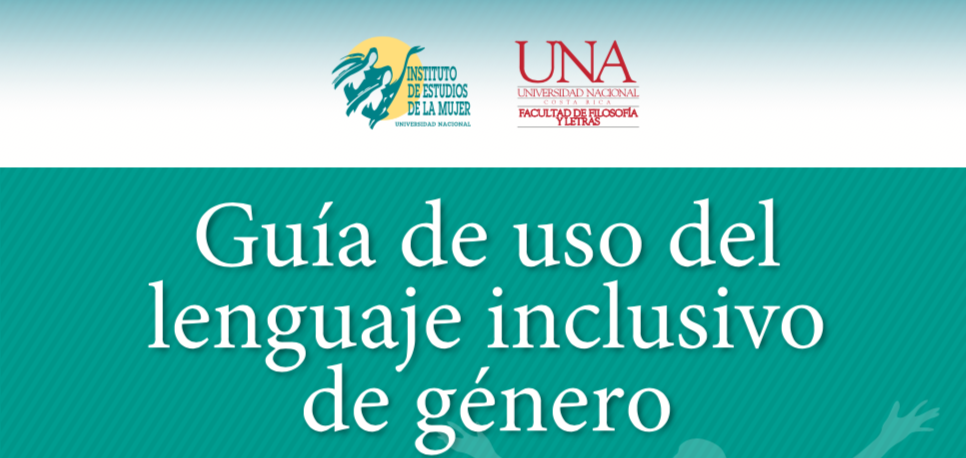ETHICAL ISSUES CONCERNING THE IMPLEMENTATION OF THE ELECTRONIC HEALTH RECORD IN THE COSTA RICAN PUBLIC HEALTHCARE SYSTEM
DOI:
https://doi.org/10.15359/80.2Keywords:
philosophy of technology; applied ethics; health system, confidentiality; digital data; in line medicine; data protectionAbstract
The rapid developments of information technologies such as servers, data bases, storage devices, programming language, internet platforms, and so on has made the introduction of so-called “online medicine” possible in the last several years, leading to the creation of the Electronic Healthcare Record. In Costa Rica, the use of such technologies is recent, and their implementation in-house has been quite challenging for the Costa Rican public healthcare system Caja Costarricense del Seguro social (CCSS). However, the use of this system is tech- nologically as well as ethically risky. This article, which is the result of a research project in the aforementioned field, deals with the ensuing ethical issues, though the technological aspect is not disconnected from it. Some of the ethical problems that can be mentioned are those concerning the relationship between physicians and patients, or physicians and management, the technological implementation, ethical training for health care and information technology professionals, issues related to data security and privacy, internet coverage for the population, as well as human rights, participation and citizen vigilance. The necessity of health and in- formation technology professionals receiving ethical training is presented, as well as the need to discuss with them concepts such as autonomy, public service and making ethical choices.
References
Alemzadeh, H., Raman, J., Leveson, N., Kalbarczyk, Z., & Iyer, R. K. (2016). Adverse Events in Robotic Surgery: A Retrospective Study of 14 Years of FDA Data. PloS one, 11(4), e0151470. doi:10.1371/journal.pone.0151470
Arenales, M. A. (2002). Visitas al desvan . San José: Alambique.
BIBLIOGRAPHY Avalos, A. (2016, setiembre 4). ‘Hackeo’ a base de datos de CCSS en la
impunidad. La Nación.
Bíblica, H. C. (2012). Innovadora Solución. Por su salud, 12-14.
Clinfowiki. (2015). Computer Stored Ambulatory Record (COSTAR). Recupe- rado el 13 de julio de 2017, http://www.clinfowiki.org/wiki/index.php/ COmputer_STored_Ambulatory_Record_%28COSTAR%29
Cordero, C. (2017, octubre 31). La inteligencia artificial ya brinda asistencia médica en Costa Rica. El financiero.
Cruz, M. F. (8 de febrero de 2015). Expediente Digital Único de Salud, una mina de datos que enfrenta los retos de su propio contenido. El Financiero.
Editorial. (2015, mayo 30). El laberiton del expediente digital. La Nación.
Foundation, W. (2015). Five barriers, five solutions: Closing the gender gap in ICT policy. Washin-
gton D.C. : Web Foundation .
Legislativa, A. (2011, julio 7). Protección de la Persona frente al tratamiento de sus datos
personales N.o 8968. San José, San José, Costa Rica .
Mead, L. M. (1896). Beyond Entitlement. New York: Simon & Schuster .
Mearian, L. (2013, marzo 7). U.S. doctors don’t believe patients need full access to health
records. Computer World.
MICITT. (2013, mayo 16). DIRECTRIZ N.o 46-H-MICITT. La Gaceta.
Monteiro*, D. B. (2007). Evolución de la bioética en Costa Rica: una historia reciente.
Bioetikos, 39-44.
PAC. (2017, mayo 15). Plan Gobierno 2018-2022. San José, San José, Costa Rica.
Paul, J. R., Horstmann, D. M., Riordan, J. T., Opton, E. M., Niederman, J. C., Isacson, E. P.,
Green, R. H. (1962). An oral poliovirus vaccine trial in Costa Rica. Bull World Health
Organ, 311-329.
Picado, F. (2016). Nuevas tecnologías de información aplicadas en salud. En C. C. Social,
Metamorfosis 2041. San Jose.
Rojas, P. (2018, junio 19). Telefonía móvil en Costa Rica: hay casi 2 líneas celulares por
persona. CR Hoy .
Rodríguez, M. (2018 de marzo de 2018). Aspectos técnicos del EDUS. (A. Gonzalez,
Entrevistador)
Shop, R. (2013). History Of Electronic Medical Records History Of Electronic Medical Records.
Recuperado el 15 de octubre de 2017, http://www.healthtechnologyreview.com/
art135_history_of_electronic_medical_records.php
Singleton, P. (2009). Critical Issues for Electronic Health Records. Nuffield Council of Bioethic.
Nuffield Council of Bioethics.
The Secretary of State for Culture, M. A. (2009). Digital Britania. Recuperado el 12 de
octubre de 2017, dhttps://www.gov.uk/government/uploads/system/uploads/atta-
chment_data/file/228844/7650.pdf
Universal health data in Costa Rica: The potential for surveillance from a human rights perspective.
(2014). Recuperado el 19 de diciembre de 2017, https://www.giswatch.org/sites/
default/files/universal_health_data_in_costa_rica.pdf
Varela, J. C. (2017). Análisis de la implementación del Expediente Digital Único en Salud y su impacto
en el cumplimiento de las metas en el Primer Nivel de Atención del Área de Salud Buenos Aires durante el año 2016. Recuperado el 5 de enero de 2018, http://biblioteca.icap.ac.cr/ BLIVI/TESIS/2017/91.%20Calderon,%20Jorge%20.pdf
Downloads
Published
How to Cite
Issue
Section
License
La revista trabaja bajo la Licencia Creative Commons Atribución-NoComercial-CompartirIgual 4.0 Internacional; apartir de la publicación número 79 (2019); en publicaciones anteriores se trabajaba bajo una Licencia Atribución- No Comercial- Sin Derivadas 4.0 Internacional.







